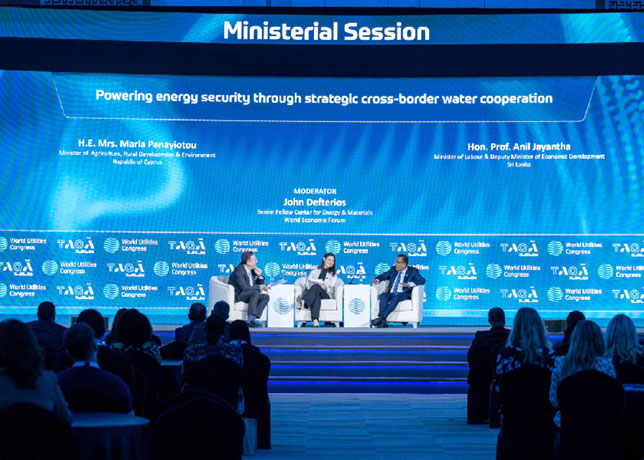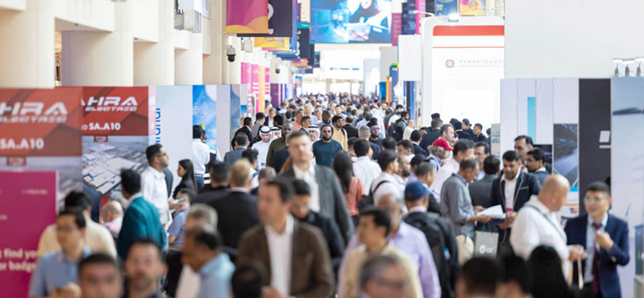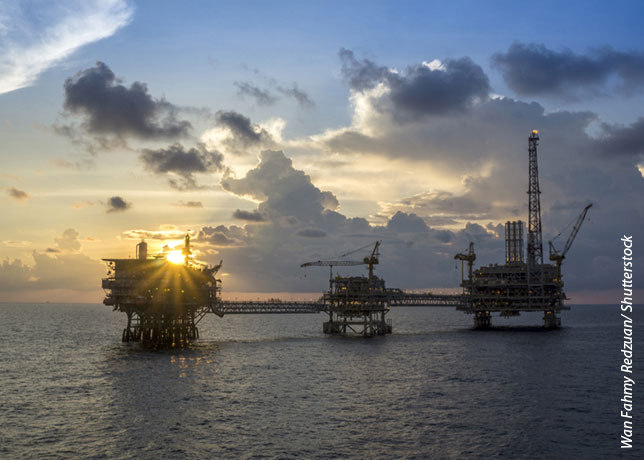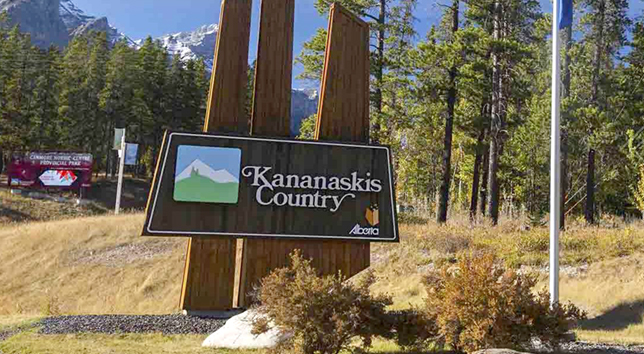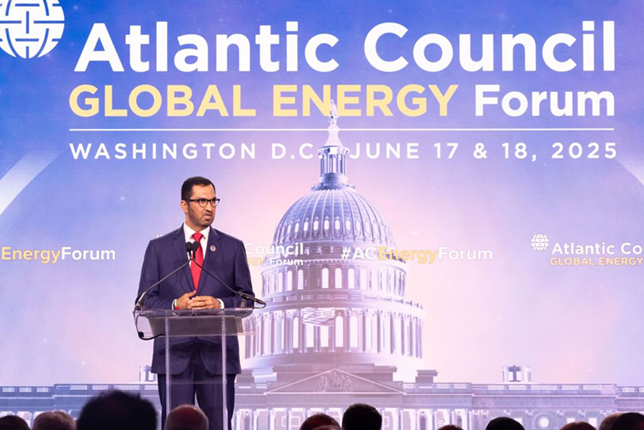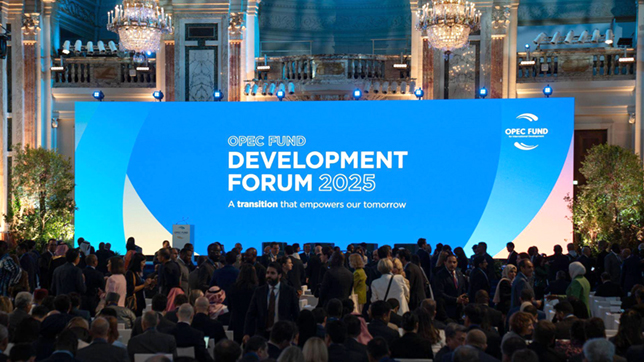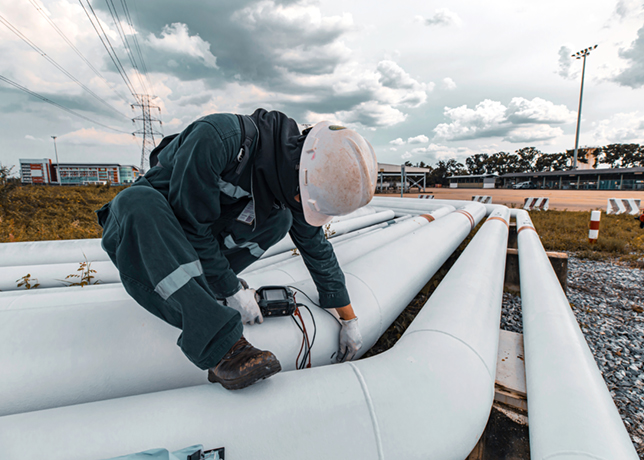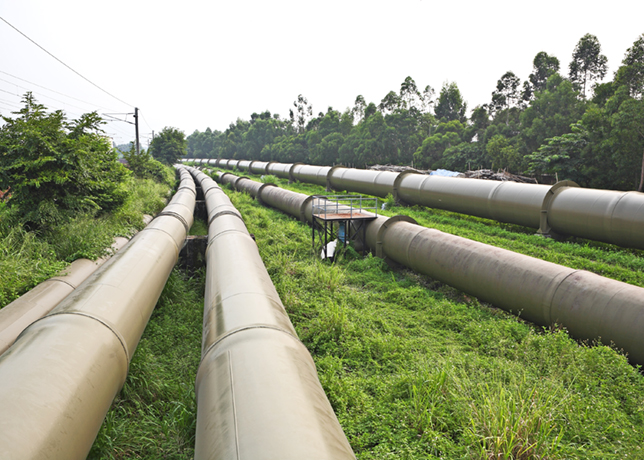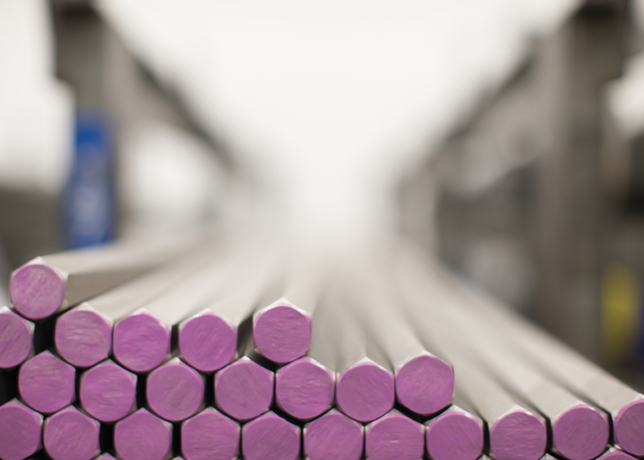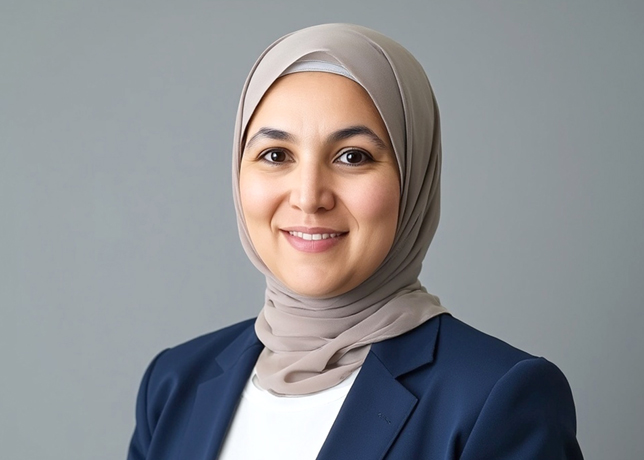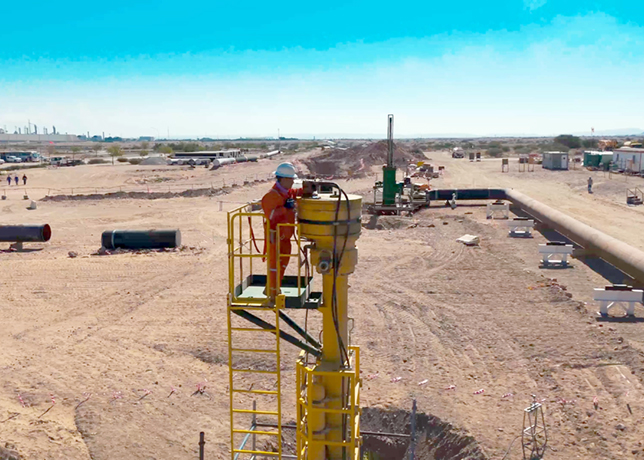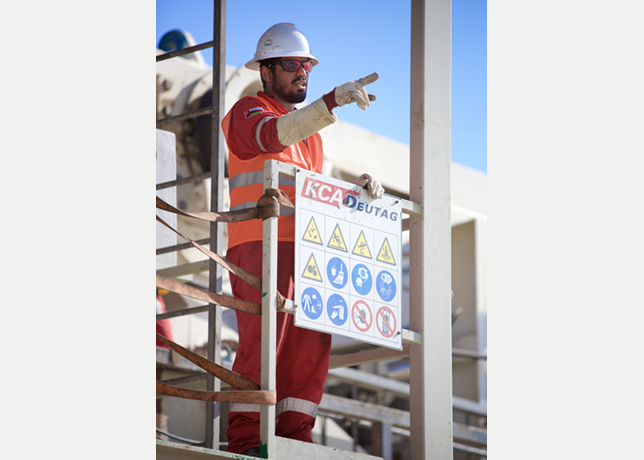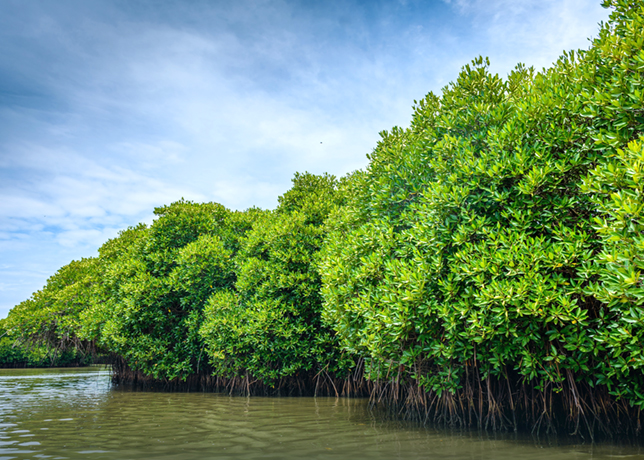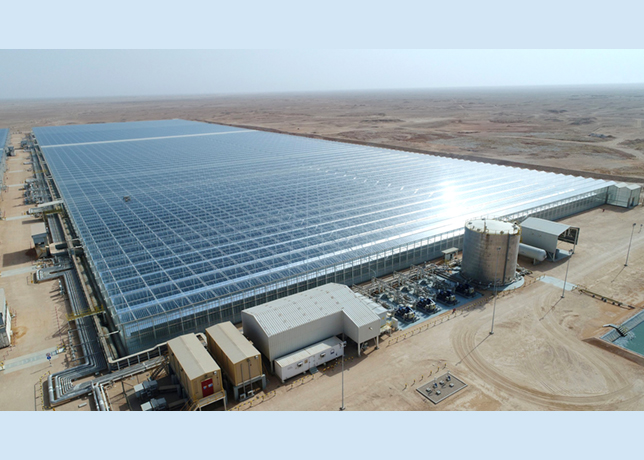

Emirates National Oil Company (Enoc), the Dubai Government owned diversified energy group, announced it is working together with Dubai Islamic Bank and Foster Wheeler for the upgrade of its Jebel Ali Refinery.
Dubai Islamic Bank has been mandated to arrange a $500 million Islamic Facility under Ijarah structure.
The financial close is scheduled for the first quarter of 2006. One of Foster Wheeler's subsidiaries has been awarded an Engineering, Procurement and Construction Management (EPCM) contract. The project will be undertaken by Foster Wheeler's UK operations.
The announcement was made at a press conference in Dubai. Present at the press conference were Hussain Sultan, Group Chief Executive and Board Member, Enoc, Dr Mohamed Khalfan bin Khirbash, UAE Minister of State for Finance and Industry and Chairman of Dubai Islamic Bank and Steve Davies, chairman and chief executive officer, Foster Wheeler Energy Limited.
Speaking at the press conference, Sultan said, "As a leading petroleum player in the UAE we are proud to announce the upgrade of our Jebel Ali refinery. This expansion further demonstrates both our leadership position and commitment to being the reliable and responsible energy partner of choice."
The $500 million upgrade project will see the installation of 70,000 barrels per day (bpd) liquefied petroleum gas/naphtha hydrotreater and a 36,000 bpd crude catalytic reformer and ancillary processing units.
In addition, associated facilities such as sulphur recovery, tail gas treatment units and power/steam generation will be installed. On commissioning, the refinery is set to produce approximately 1.2 million tonnes per year (tpy) of high octane reformate, the major component in gasoline.
Dr Khirbash said, "Dubai Islamic Bank is proud to be part of this prestigious event and to have participated in the upgrade and expansion of Enoc's Jebel Ali Refinery.
"Enoc's decision to opt for Sukuk Al-Ijarah reflects the growing importance of Islamic funding in the marketplace. Capital raising in the energy sector is perhaps the most critical element of any long term planning cycle, and on behalf of Dubai Islamic Bank I would like to place on the record our delight that Enoc has found an Islamic solution to be not just comparable but superior to conventional capital-raising methods."
The new facilities will allow EPCL to upgrade its existing naphtha product to a low-sulphur petrochemical naphtha product stream and to provide a 102 Research Octane Number (RON) reformate product stream, as well as operate the plant at full capacity using sour condensates. An additional by-product will be sulphur. Mechanical completion of EPCL's Jebel Ali refinery is planned for the end of 2007.
Commenting on the contract, Davies said, "We have been working with EPCL on this upgrade project for some time and have developed a strong working relationship with EPCL during the front-end engineering design phase when we examined the upgrade options, defined the optimum configuration and developed the cost estimate.
"With this award for the EPC phase of the project, we are uniquely positioned to combine our refining expertise and our detailed knowledge of the existing facility and planned upgrade, together with our proven EPC capability, to deliver a world-class facility for our client."
EPCL was established as the refining arm of Enoc in June 1996. The refinery with a processing capacity of 120,000 bpsd went on stream in April 1999.
The products of the refinery are LPG, naphtha, jet fuel, diesel oil and fuel oil.
Since inception, the refinery has been operating efficiently meeting international standards on productivity, quality, safety, and environ
Enoc said Dubai gasoline retailers would continue to struggle unless the federal government subsidised fuel products or deregulated the industry.
Meanwhile, Sultan said retailers were still incurring losses despite a recent hike in local petrol prices and a drop in oil prices.
"You either deregulate or you subsidise, it is as simple as that," Sultan said.
"We have reduced the extent of the losses, but they are still there. How can you invest in projects like this when we are losing money," he said.
The UAE raised local petrol prices in September by up to 31.5 per cent after world oil prices surged to a record high of above $70 in late August.
Enoc said at the time the move was necessary to stem spiralling losses, saying the loss per gallon was over Dh4.10 for petrol at the pumps.
Oil prices have fallen since August but are still up by almost a third since the start of the year.
"International prices ... have not come down to a level that would even get anywhere near break-even. And break-even is not good enough for us because we need a huge capital expenditure to build those stations and invest in upgrading existing stations," Sultan said.
"Some people are under the impression that with an increase of Dh1.5 we should be smiling our way to the bank,"' he said. "On the contrary the losses are still there and we hope that a solution will be found."
The September hike raised the price of 95-octane regular and 98-octane premium in the UAE by Dh1.5 ($0.408) to Dh6.25 and Dh6.75 an imperial gallon (4.5 litres) respectively. Diesel prices increased by Dh1.4 a gallon to Dh7.70.
Last year, Dubai gasoline retailers backed down from a threat to stop sales unless the government hiked pump prices or subsidised their purchases.
Earlier, Enoc signed an agreement appointing Moafaq Al Gaddah (MAG) group to handle retail distribution of its Enoc Lubricants branded products in Abu Dhabi.
By adding the MAG Group to its network Enoc Lubricants has significantly extended its coverage of the Abu Dhabi market.
MAG, a leading manufacturer, agent and distributor for major automotive products, is a worthy partner for the Dubai-based diversified petroleum group. MAG group operations extend to the UK, Japan, Turkey, Egypt, KSA, Kuwait, Iraq, Jordan, Syria and beyond.
Hussain Sultan, Enoc Group Chief Executive and Board member, said, "The capital is an important market for us and crucial to consolidating the group's reputation as a leader in the lubricants industry. We are confident that our new partners in distribution will actively enhance our presence and contribute to our expansion across the UAE."
The MAG Group was established in 1978 in Abu Dhabi and has since developed into one of the leading business houses with interests in automotive accessories and spare parts products, IT and communications, as well as real estate.
Speaking at the signing ceremony Ali Hussain, manager at MAG, said, "We have more than 27 years experience in the market and our long established network offers the perfect platform for driving sales of Enoc Lubricants in the capital."
This latest distribution agreement follows hard on the heels of Enoc Lubricants major rebranding of its products.
The exercise was supported by various marketing initiatives including a large-scale advertising campaign involving lightpole signs across prime locations around the capital and sales incentive programmes.
Burhan Al Hashemi, manager, EPPCO Lubricants, said: "The MAG Group was a natural choice when we were looking to drive sales in the captial. Adding MAG's network and expertise paves the way for Enoc Lubricants to reach heights."
Established in 1993 as a wholly-owned company of the Government of Dubai, Enoc aims to promote the interests of its shareholders through the development of further downstream and upstream activities.










